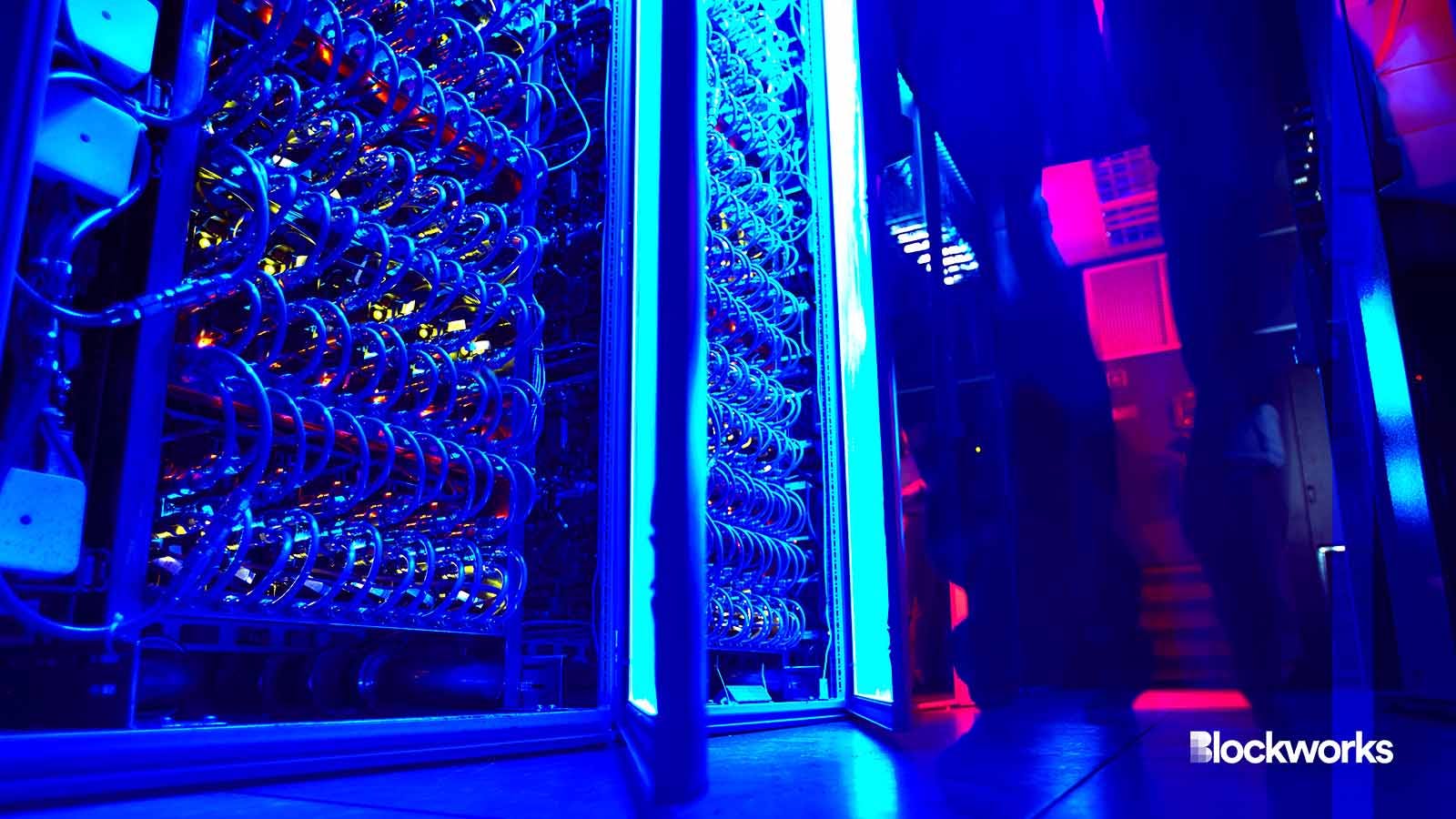Researchers use blockchain network to simulate the dawn of life on Earth
Underfunded researchers have increasingly been leveraging crypto for academic crowdfunding

Pressmaster/Shutterstock modified by Blockworks
Polish scientists have created a vast network to simulate the origins of life on Earth. They used “prebiotic feedstocks” like water and nitrogen to trace how early compounds eventually led to human existence.
The researchers, operating out of the Institute of Organic Chemistry in Poland, first published an article in Science in 2020 in which they created a version of this network — albeit one with limitations.
The Golem network, operating as a layer-2 distributed computing platform, enabled the researchers to construct a network that was 100,000 times larger than their initial attempt.
Read more: We need to decentralize science
In a paper published in the academic journal Chem, the researchers detail how this “counterintuitive marriage” between crypto and origins of life research allowed them to pull off a far bigger version of the network without needing access to supercomputing resources.
Golem’s network operates on a peer-to-peer basis, where individuals can rent out their idle computing power in exchange for GLM tokens, the native cryptocurrency of the Golem network.
The researchers simulated 11 billion reactions comprising 20,000 CPU cores on Golem. They paid out 82,000 GLM to the computing power providers which translated to roughly $38,000 at the time.
At GLM’s current price, the tokens would be worth roughly $17,000. In the article, the research team estimates that running the simulation with Web2 cloud providers would have cost $80,000.
Crowdfunding-like approaches to academic research are one of crypto’s burgeoning use cases.
Coinbase CEO Brian Armstrong has been selling off 2% of his COIN equity to fund ResearchHub. The “GitHub for scientists” funds research by doing things like paying for peer reviews. Its native ResearchCoin appreciated by 1000% in late 2023.
Read more: Do science, earn crypto: Coinbase CEO’s other startup sees record price rally
Academic professionals in underfunded research areas have also increasingly been turning to DAOs as an easier stream of funding.
Get the news in your inbox. Explore Blockworks newsletters:
- The Breakdown: Decoding crypto and the markets. Daily.
- 0xResearch: Alpha in your inbox. Think like an analyst.






